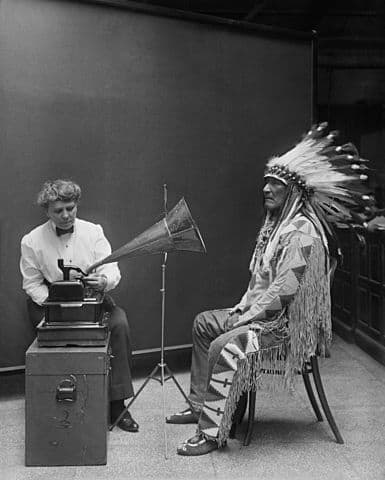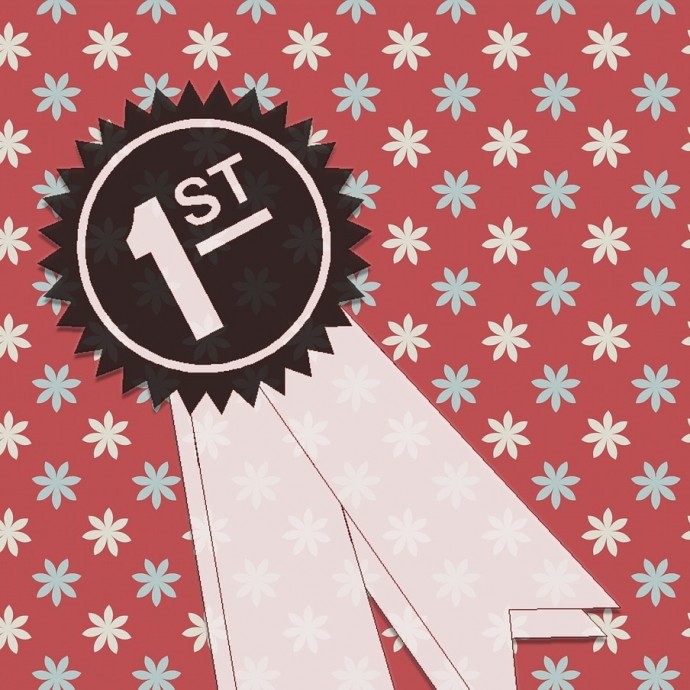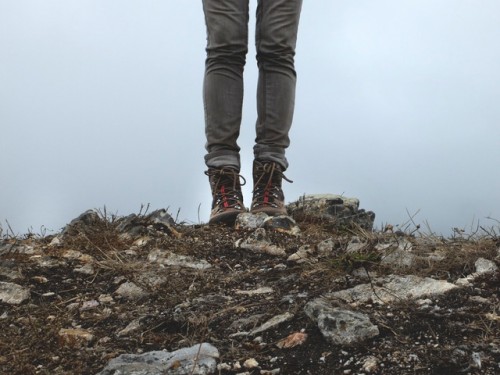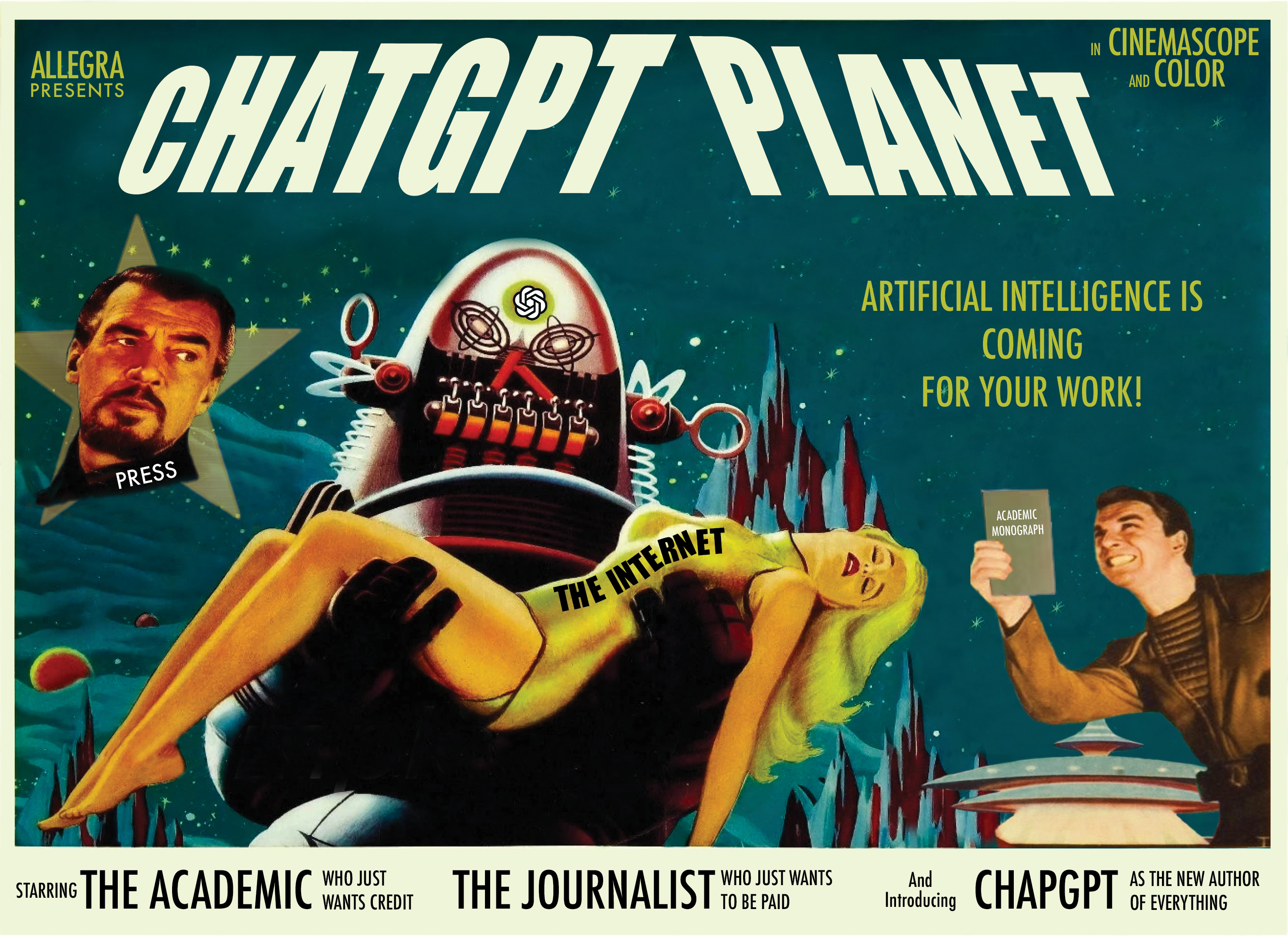As we embark on yet another Allegra year, let’s take a look back: what were your favorite posts for 2015?
Reading this list of our ‘Top 10 or thereabout’ is wonderful for us editors: we can clearly see that we have succeeded in one of our primary goals, namely to inspire fresh debates within our discipline.
All the posts that you liked are very distinct to Allegra, and it is difficult to envision numerous alternative contexts that would feature them. That is for now, of course – we are not coy about our overall goal to revolutionize anthropological debates more generally!
We also see something quite marvelous in regards to who are your favorite authors: they are increasingly a group of whom we wish to call ‘Allies’ – fabulous scholars who share the Allegra ride either as integral members of the editorial board, as active contributors or as great collaborators with whom we often scheme behind the scenes.
Why is the list called ‘Top 10 or thereabout’? In part because we don’t think we should start taking such lists too seriously.
10, 11, 12 – 55, what does a grading really matter anyway? Yet maybe we’ll postpone this debate for another time.
Yet there is also another practical reason: we are delighted to see two posts published prior to 2015 featured prominently on the list. The first of these is by our Reviews editor Judith Beyer on Bears and the Russian Body Politic.
This post was initially published in December 2014, and shared again in April 2015 as part of the Russian Redux. This post is a definite ‘Allegra classic’ that continues its circulation – consequently landing in 4th place for 2015.
Another Allegra classic is the post by our very own Antonio De Lauri on academic knowledge as Bourgeois Knowledge. This is one of our most read posts of all times and it is quite deservedly featured highly on the Top 10 of 2015 – landing in spot number 7.
In places 3 and 6 we find two posts linked to the thematic week that we curated in collaboration with the Finnish Anthropological Society’s Annual Conference on Landscapes. In place 3 we have the interview with Philippe Descola on anthropology as the study of composite worlds by Aleksis Toro, and in place 6 we have the interview with Anna L Tsing titled ‘Auto-rewilding’, landscapes and the anthropocene by Maija Lassila.
Of course – this being Allegra – both interviews are accompanied by videoed talks by Tsing and Descola, thus nicely concretizing one of our central points: we all talk of the desire for greater visibility for scholarship and scholarly events – so let’s just get up and share what we do with the world!

“Frances Densmore recording Mountain Chief2” by Harris & Ewing, licensed under Public Domain via Commons.
Thus, the next time that you are arranging a cutting-edge event with either current or future superstars in attendance, all we/you need to do is to turn on the video camera, send a few tweets flying around, sit your superstar keynote speakers down for a chat – and get in touch with us!
In 10th place we are very pleased to see another thematic week – very distinct to Allegra, namely introduction to the thematic week on the New anthropologies of political performance curated by Jonas Tinius.
This week summarizes the Allegra vision in regards to how scholarship can collaborate with art in order to find fresh expressions that defy existing categories.
In this age of increasing quantified hysteria such examples are crucial to us all, doing pivotal work in preserving the continued vibrancy of our shared professional endeavor.
In place 12 – to highlight favorite posts of the ‘thereabout’ category – we find Anne-Marie Martindale‘s Beyond Fieldwork: Emotions, Facial ‘Disfigurement’ and a PhD. This post does again something very ‘Allegra’ in fleshing out, concretely, the complex emotions that often accompany our fieldwork – emotions that make our work particularly difficult, but also endlessly fascinating and powerful.
This post is linked to yet another ‘Allegra thing’, namely the thread on #fieldnotes that we featured for the second time in summer 2015. This year we were very pleased to share glimpses from ongoing anthropological work by Mina Baginova, Franziska Fay, Amanda Reinke, Priya Swamy, Amina Tawasil, and Sonja Trifuljesko.
In places 8 and 11 we see a theme of sad topicality: the European migration crises. This is a theme that we address repeatedly via both thematic weeks and individual posts – how could we do otherwise. These two posts complement this debate wonderfully, namely the post by Samuli Schielke ‘In Defence of our universal double standards’, in place 8, and the post by Heath Cabot ‘Crisis and continuity: a critical look at the “European refugee crisis”’ in place 11.
Moving up on the list, we can definitely say that things both ended vigorously for 2015 as well as started energetically for 2016 (see, we are cheating a bit here too… Again – why should we take these annual top-whatever lists so seriously!).
In place number 2 we find the post that was in massive social media circulation both before and during the holidays, namely the list of 30 essential books in anthropology compiled by Antonio De Lauri via consultation both with a key group of Allies as well as an impressive list beyond .
What do you know – as some commentators also pointed out: turns out some of our Allies are, maybe, a bit conservative, as the list ended up looking quite predictable. Left out were a lot of names that many of us even at the editorial board felt should be included.
Yet let’s treat this as a sign of something else: that in fact, despite of the drive to unknown horizons, Allegra has its feet concretely grounded in the shared tradition(s) of our discipline. And this can’t be a bad thing – after all, don’t we always repeat that in order to know where you are going, you need to know where you are coming from?
The list has generated quite a bit of debate, as well as a fair number of comments – we may well return to it soon!
In place number 5 – already, although it has only been in circulation for a few days – we find our collaboration with the fabulous newcomer to the anthroblogosphere SAPIENS. Shared massively by everyone, we treat this as a final seal in confirming:
YES, ALLEGRA HAS ARRIVED!
If there still remained any doubt after the 524 posts that we have published by our more than 240 authors in the 2.5 years that we have been in existence. Or the well over 300 000 page views that we have so far (even though here we know that we can do SO much better still – heads up for 2016!)
And with these words it is time to reveal what was our most read post of 2015. It was by one of our dearest Allies – and a genuine anthroblogical voice to be reckoned with due to her long-term involvement also with the ‘dinosaurus’ of all anthrogblogs, aka esteemed pioneer Savage Minds.
To our great delight, it was further connected to a very special thematic week that we curated in April 2015 to celebrate the arrival of a precious new Allie to our editorial team – a thematic week that also resulted in the 9th most read post of 2015, namely the post on The archaeological study of children by Jane Eva Baxter.
The top post for 2015 does leave a number of follow-up questions unanswered – namely can you do what the post promises, even if you are non-tenured, non Anglo-American and a non-native English speaker?
We’ll continue our explorations. Simultaneously we are thrilled to announce that the most read post of Allegra for 2015 puts forth such a strong statement to a question that so many of us wonder in the continually hardening conditions of the academia:
‘Yes you can be an academic and a mother!’ Our most read post is of course by the inimitable Carole McGranahan.
We are thrilled by this list of ‘Top 10 (or thereabout), along with the hundreds of other fantastic posts that we were privileged to publish last year. Warm thanks to all of our authors, as well as all of our visiting editors-in-chief who curated thematic weeks for us.
Finally, our warmest thanks to the fantastic editorial team that we have the privilege to work with: Ninnu Koskenalho for her stellar work as our Manager of Things & Stuff to oversee the flawless operations of our state-of-the-art ‘production line’, as well as our diligent editorial assistants doing the beautiful technical layout of posts.
Thanks one and all – Allegra quite literally would not be Allegra without all of you!






